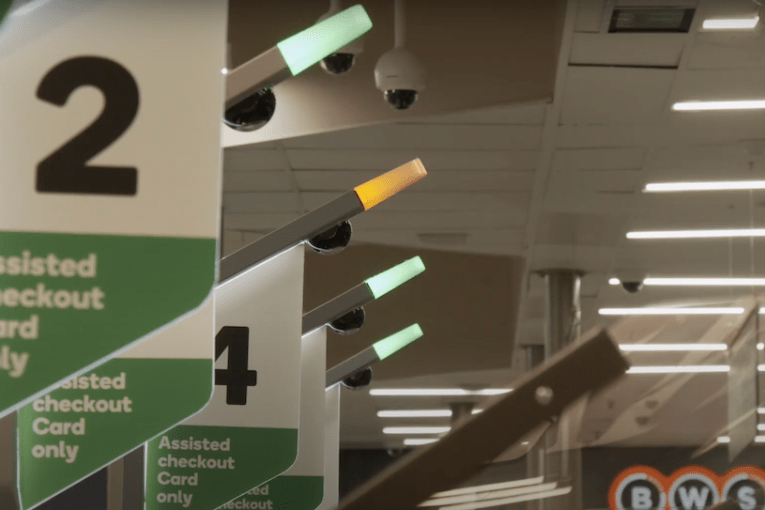How your overseas holidays could become cheaper


The 'rip-off' could be stopped, according to Treasurer Josh Frydenberg. Photo: Getty
Australians are being promised cheaper overseas holidays and online shopping with a crackdown on a foreign currency rip-off that costs us $2 billion a year.
The consumer watchdog has launched an investigation into exorbitant foreign transaction fees – which are charged on currency conversions and use of credit cards overseas.
Australians are shelling out $2 billion a year in transaction fees, and millions of us are paying too much to the banks, Treasurer Josh Frydenberg said on Tuesday.
“We want to stop the rip-off,” he said.
Consumers also get slugged for a host of other foreign transaction fees, including transferring money overseas, buying something online with foreign money and transferring money onto prepaid travel cards. The Australian Competition and Consumer Commission’s investigation will cover all of that.
Those fees are never going to be banned, but the Government wants to bring them down to a level comparable to what people in other countries pay.
As an example, a customer of an Australian bank who travels overseas and spends $5000 on their credit card incurs about $140 in foreign exchange transaction fees.
Transferring $1000 overseas costs Australians on average about $80 in fees and exchange rate mark-ups – compared to about $60 that it would cost someone in the US.
“Evidence from the Productivity Commission suggests these fees are higher than other countries’, costing Australians hundreds of dollars more than other countries per year,” Mr Frydenberg said.
“The 10.5 million Australians who travel abroad every year and the individuals and businesses who send money internationally every day deserve a better deal.”
In its report, release in June, the Productivity Commission said many of the most common cards charged a foreign transaction fee on each overseas purchase.
“On average, credit card foreign transaction fees have increased from about 1 per cent in the early 2000s to almost 3 per cent in recent years,” the report said.
“There is some concern that the fees charged are in excess of what it costs banks to process the transaction.”
To make the problem worse, many consumers aren’t aware of the charge (or how much it will be) until their transaction is processed. This makes foreign transaction charges difficult – if not impossible – to avoid.
The World Bank says Australia is the third most expensive G20 country for consumers and small businesses to send money from.
ACCC chairman Rod Sims said the investigation would look into why major companies in Australia – including the big four banks – “seem to be able to consistently charge high prices”.
Shadow assistant treasurer Andrew Leigh said it was three years since Labor first highlighted the high cost of foreign money exchanges.
“We fear the ACCC inquiry announced today is too little, too late,” Dr Leigh said.
“Excessive and confusing fees have made it too pricey to transfer money for far too long.”
A report from the ACCC is due to be given to the government by May.
What fees are applied to:
* Converting money into a foreign currency.
* Transferring money overseas.
* The use of debit and credit cards overseas.
* Using debit or credit cards online to make purchases in a foreign currency.
* Transferring money to a foreign currency on a prepaid travel card.








